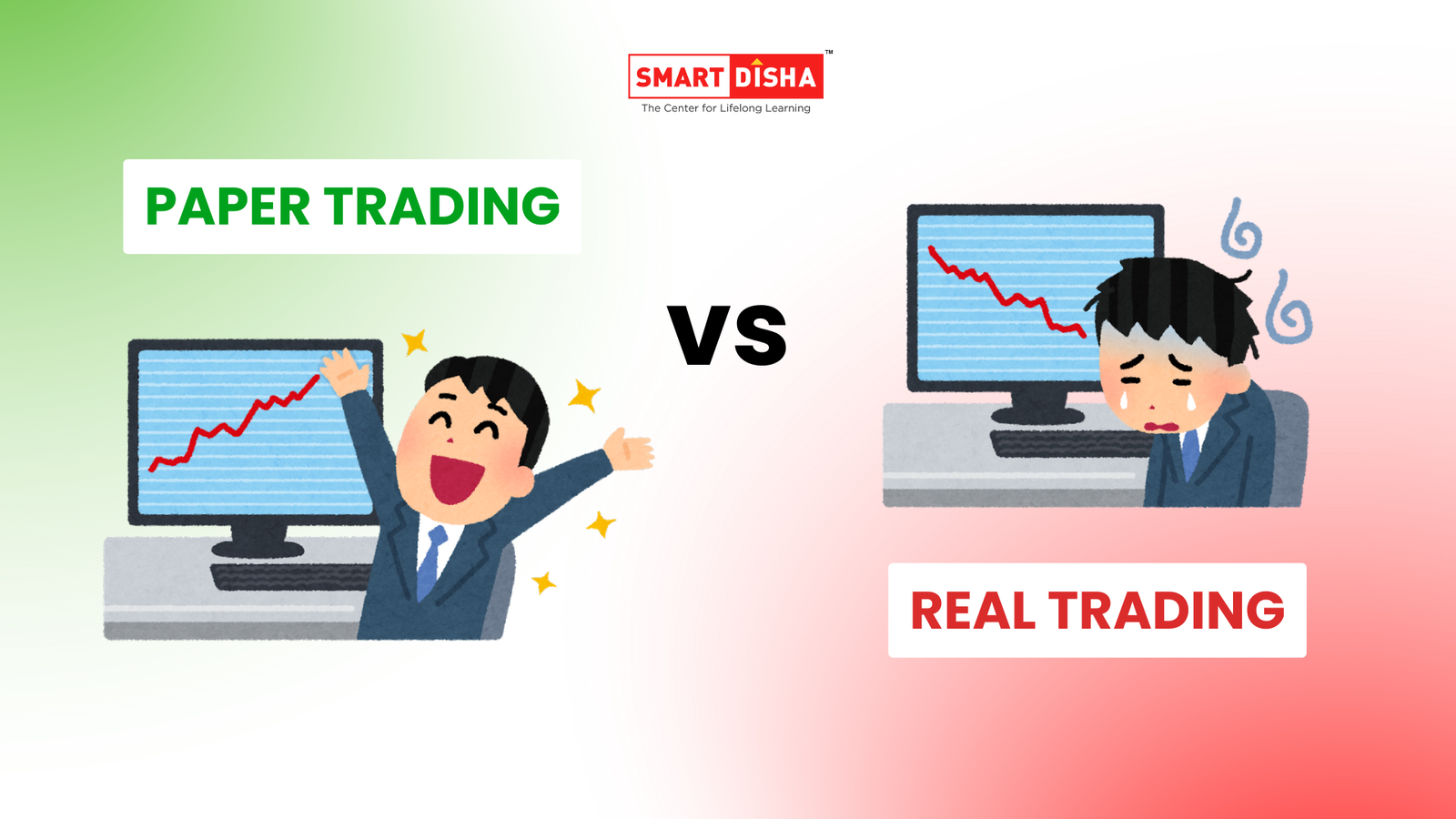The stock market is an ever-evolving and complex system that has fascinated investors for centuries. It offers immense opportunities for wealth creation, but it can also be a treacherous path for those who underestimate its intricacies. One of the gravest mistakes an investor can make is falling into the trap of believing they know everything about the stock market. This dangerous mindset can lead to overconfidence, poor decision-making, and ultimately significant financial losses. In this blog, we will explore why thinking you know everything in the stock market is a perilous mindset and discuss strategies to avoid this dangerous trap.
The stock market is a vast arena with countless variables, including economic factors, geopolitical events, industry trends, and company-specific dynamics. Attempting to fully comprehend and predict all these factors is virtually impossible. However, some investors fall into the trap of believing they have a complete understanding of the market’s complexities. This illusion of knowledge leads to overconfidence, causing investors to take unnecessary risks and make imprudent investment choices.
Market Uncertainty and Volatility
The stock market is inherently unpredictable and subject to volatility. It can be influenced by a myriad of factors, many of which are beyond an individual investor’s control. Economic indicators, interest rates, political developments, natural disasters, and technological advancements all contribute to market fluctuations. No one can accurately predict the market’s movements with absolute certainty, and overconfidence can blind investors to the inherent risks involved.
Confirmation Bias and Selective Perception
When investors believe they possess comprehensive knowledge, they often fall victim to confirmation bias and selective perception. Confirmation bias is the tendency to seek out information that supports one’s existing beliefs while disregarding conflicting evidence. This biased approach leads to a distorted view of the market, reinforcing one’s false sense of certainty. Selective perception further exacerbates this problem by filtering out information that contradicts preconceived notions, ultimately leading to poor investment decisions.
Overtrading and Excessive Risk-Taking
Overconfidence can lead to excessive trading activity and heightened risk-taking. Investors who believe they know everything may engage in frequent buying and selling of stocks, disregarding fundamental analysis and long-term investment strategies. This behavior often results in higher transaction costs, capital gains taxes, and an increased likelihood of making impulsive decisions. Excessive risk-taking can expose investors to significant losses, as they disregard the potential downsides of their investments due to their misplaced confidence.
Fundamental analysis is a critical aspect of investment decision-making, involving an in-depth evaluation of a company’s financial health, competitive position, and growth prospects. However, overconfident investors tend to ignore or underestimate the importance of fundamental analysis. They may believe they possess superior knowledge that renders traditional analysis unnecessary, leading to poor investment choices and missed opportunities. Ignoring fundamental analysis can be detrimental to long-term investment success and expose investors to unnecessary risks.
Failure to Adapt to Changing Market Conditions
The stock market is a dynamic environment that undergoes constant changes. New technologies, shifting consumer preferences, regulatory developments, and geopolitical events continually impact market conditions. Investors who think they know everything may become complacent and fail to adapt their strategies to these changing circumstances. This inflexibility can lead to missed opportunities and an inability to navigate through turbulent market conditions effectively.
Avoiding the Danger: Strategies for Investors
- Embrace Humility and Continuous Learning: Acknowledge that the stock market is a complex entity, and no individual can possess all-encompassing knowledge. Embracing humility and recognizing the need for continuous learning will foster a more prudent and realistic approach to investing.
- Diversify Your Portfolio: Diversification is a key risk management strategy that can protect investors from the adverse effects of individual stock volatility. By spreading investments across different sectors, industries, and asset classes, investors can reduce the impact of any single investment’s poor performance.
- Follow a Disciplined Investment Plan: Establish a well-defined investment plan based on your financial goals, risk tolerance, and time horizon. Adhering to a disciplined approach will help prevent impulsive and emotionally-driven investment decisions.
- Conduct Thorough Fundamental Analysis: Don’t underestimate the importance of fundamental analysis in investment decision-making. Conducting in-depth research and analysis of a company’s financials, competitive landscape, and industry trends will provide a more comprehensive view of potential investment opportunities.
- Stay Informed and Seek Diverse Perspectives: Keep up with market news and developments, and seek out a variety of perspectives. Surround yourself with diverse sources of information and engage in discussions with other investors to gain different insights and challenge your own assumptions.
- Practice Risk Management: Implement risk management strategies, such as setting stop-loss orders, to protect your capital. Proper risk assessment and position sizing will help mitigate potential losses during market downturns.
Conclusion
The allure of the stock market is undeniable, but it can also be a treacherous terrain for investors who believe they possess all-encompassing knowledge. Overconfidence leads to poor decision-making, excessive risk-taking, and a failure to adapt to changing market conditions. By recognizing the limitations of their knowledge and adopting a more humble and disciplined approach, investors can navigate the stock market with greater caution and improve their chances of long-term success. Remember, the stock market is a constant learning experience, and maintaining a curious and open mindset will be key to thriving in this ever-evolving landscape.
Jai Hind
Team
No.1 Stock Market Trading Training Academy
For Training Refer:- https://bit.ly/3UtLnEc
For Training : 92652 82922
For Algo : 63587 47780
Act opening on IIFL (Rs 5 Per lot ) https://cutt.ly/gGSQ1sV
For News Update Join https://t.me/NewsUpdate_SmartDishaResearch
For Research and Algo Study Join https://t.me/smartdishaalgo
For Daily Algo Updates https://t.me/algoupdates_smartdisha
For Discussion on Algo https://t.me/+mcwRz1vS8h44Yjg1
#NIFM #NIFMAhmedabad #SmartDisha #Algo #TechnicalAnalysis #PriceAction #PriceActionTrading #PriceActionStrategies #Candlestick #CandleStickPatterns #StockExchangeCourse #Nifty #BankNifty #OnlineClasses #OnlineClassroom #ShareMarket #StockExchange #Stock #Trading #Finance #StockTrading #StockMarkets #Traders #OnlineLearning #AlgoTrading #FundamentalAnalysis #OptionTrading #IntradayTrading #NCFM #NISM #StockMarketTraining




